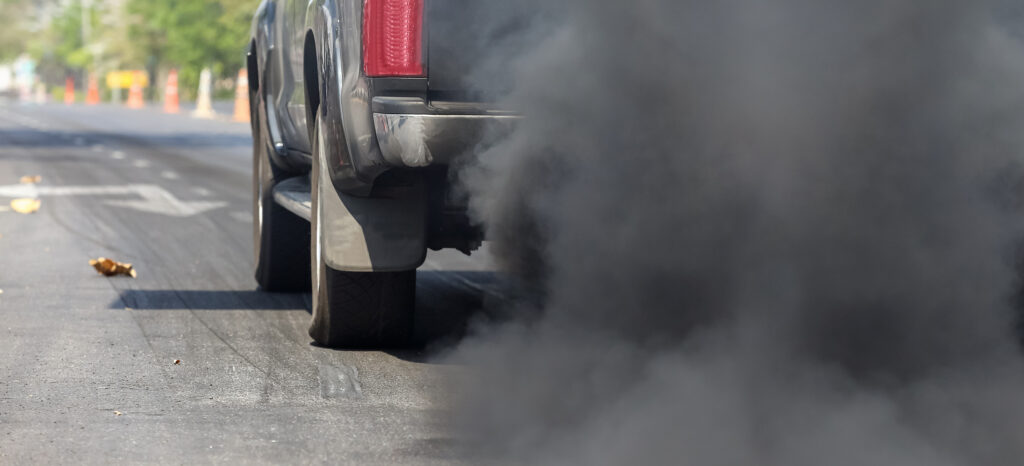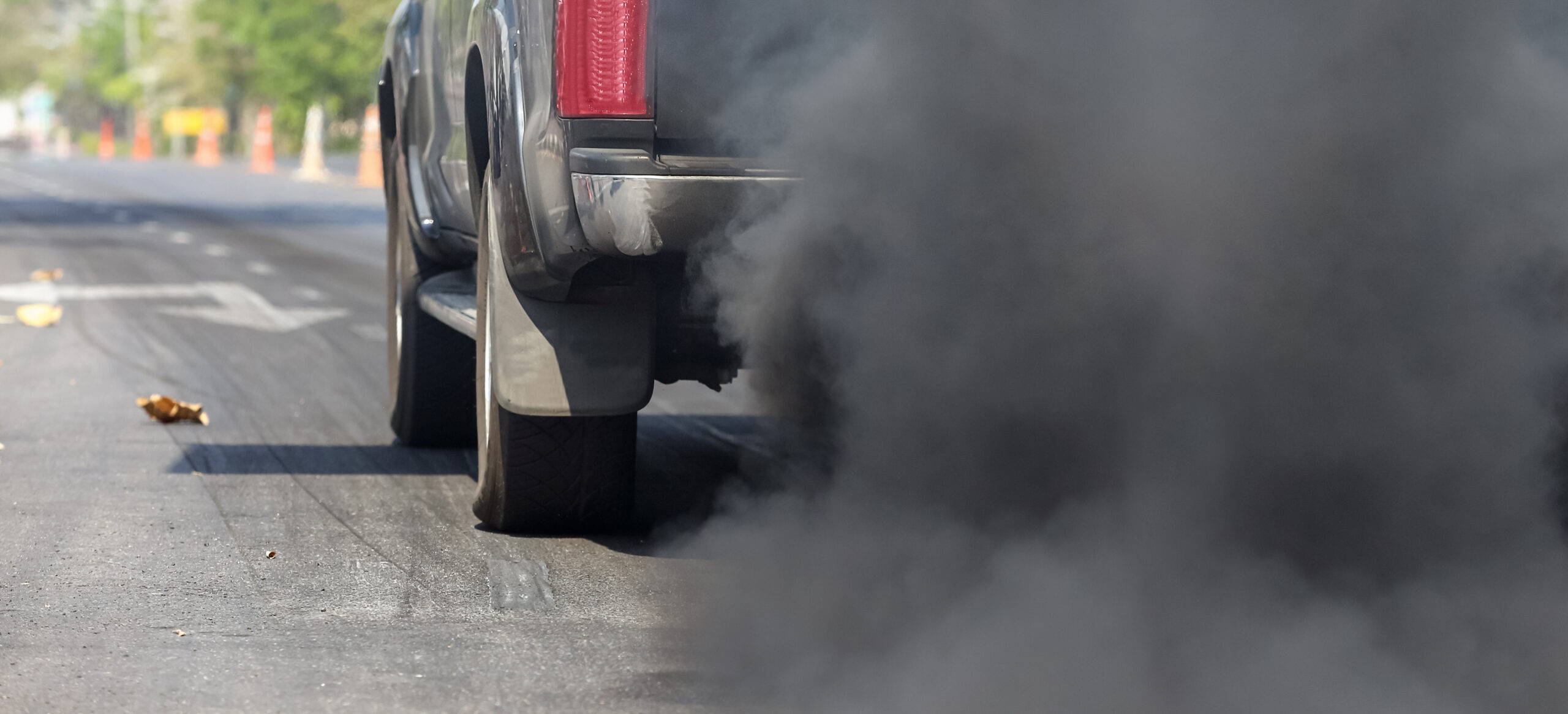The Environmental Protection Agency is one of several federal agencies that has seen an overhaul under the Biden administration. Under new management, the EPA has begun to enforce new initiatives which may affect automotive dealerships and body shops.
And by that, I am sure you already know what I really mean: more penalties and fines.
Not to worry, though. We here at KPA have been tracking the EPA’s new initiatives for enforcing compliance within the automotive industry. Here are a few recent developments that you and your business should be aware of.
Greater Focus on Pollutants
One of the greatest concerns for the new staff at the EPA is air pollution. This is why we are keeping a close eye on the 6H regulation, which applies mostly to dealerships and collision centers that work with spray paint stripping material, spray applications, or spray coatings that contain hazardous materials. We’ve already seen increased EPA oversight regarding this regulation, particularly in southeastern states and California.
As an indication that the EPA is more strictly enforcing the 6H rule, late last year the agency’s Atlanta office sent out hundreds of letters to body shops and dealerships reminding them of their compliance obligations. Most likely, these letters were a precursor to enforcement and an indication that the EPA is planning on cracking down on those who are ignoring the regulation.
Aftermarket Modifications
Another initiative the EPA is pursuing relates to aftermarket modifications. Take, for example, a jacked-up diesel pickup truck with a rolling coal smokestack attached to the rear emitting clouds of black exhaust fumes. For some, these modifications represent a hobby. For the EPA, they represent a problem that needs to be addressed.
Certain vehicle modifications are illegal for use on public roads, and the EPA has recently started to crack down hard on companies that supply them to dealerships and body shops. These modifications include computer programs that offset OEM emission standards or otherwise bypass control equipment such as catalytic converters.
Lately, I’ve seen certain businesses attempt to push back on the EPA, claiming that these aftermarket modifications are designed to be used exclusively for race vehicles. We’re not certain how that argument will ultimately play out, but for now, be mindful of the EPA’s scrutiny over altering any factory emission settings. Especially for diesel engines.
Penalty Policies
When we talk about day-to-day environmental enforcement activities, we are usually referring to state and local inspectors, not the federal EPA. For example, local pollutants such as contaminated oil, used tires, solid waste, and wastewater typically do not fall under the jurisdiction of any federal agency.
Not true for the previous two initiatives mentioned.
For 6H regulation and aftermarket modification crackdowns, the EPA is enforcing the Clean Air Act penalty policy. This policy may be the cause of one of the most stringent and heftiest fines your business could face if found to be non-compliant. The scale of the fine is determined by factors such as the size of the violation or the size of your business. Large companies may see initial fines inflate from hundreds of thousands to potentially millions simply because they are tied to a larger parent company.
Where To Go From Here
Don’t let these EPA initiatives impact your company’s bottom line. KPA’s here to help – with over 100 consultants spread throughout the country, along with a vast network of online compliance tools and software.
Do not hesitate to reach out if you have concerns regarding safety and compliance. Our consultants are here to help you understand and discuss any and all enforcement trends you may be seeing, both at the local and federal level.

